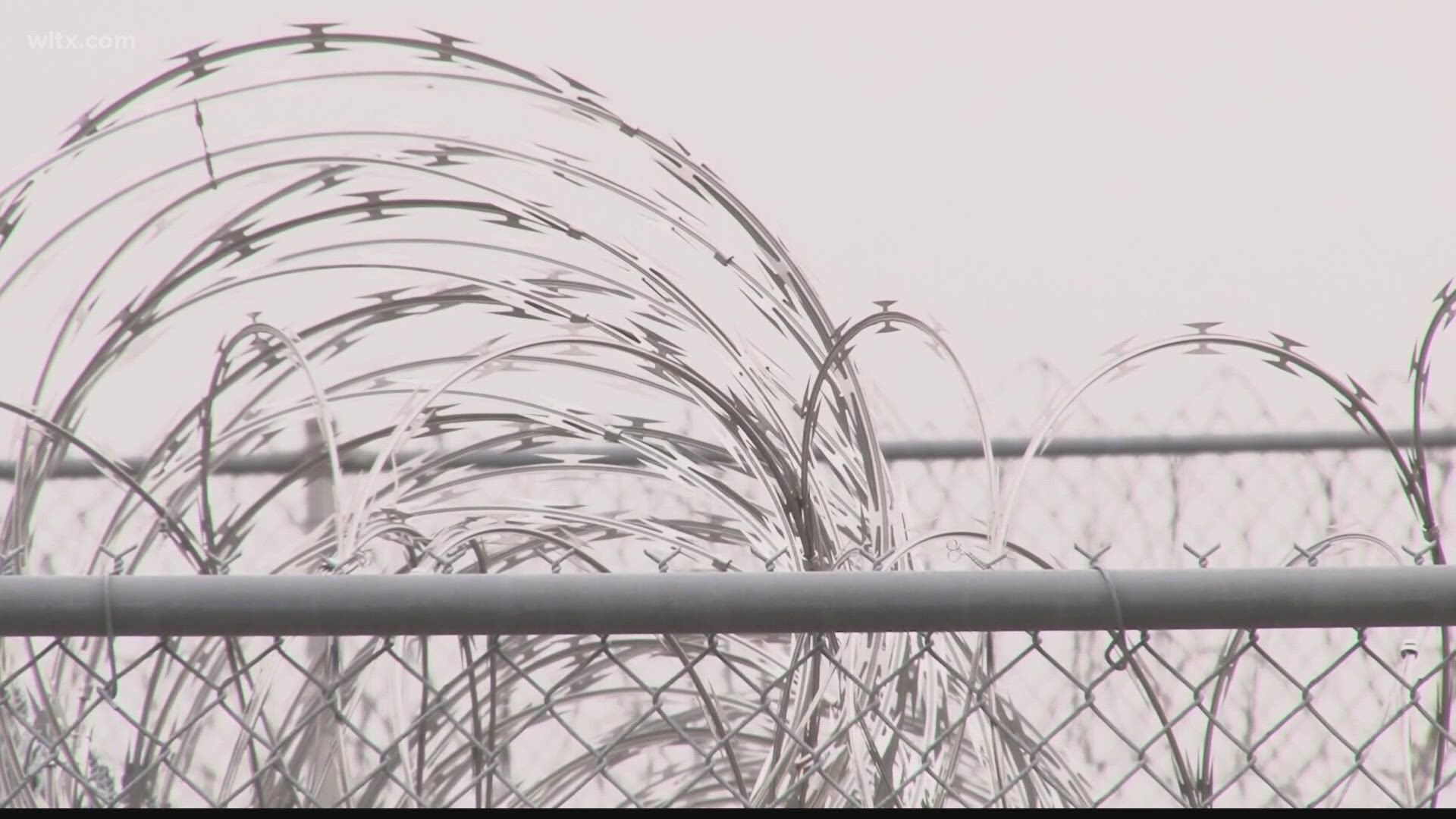COLUMBIA, S.C. — People charged with a violent crime and then convicted of a second violent offense while released on bond could face more prison time under additional sentences in a bill passed by the South Carolina House on Wednesday.
The proposal has been backed by law enforcement groups as a necessary tool to close the “revolving door” of repeat offenders while criminal justice advocates decried it as an unconstitutional violation of due process rights that targets poor defendants.
Under House Bill 3532, people convicted of a violent crime while out on bond for a separate first charge would face another mandatory sentence of five years in prison on top of any punishment for their other violations. The list of violent offenses includes murder, criminal sexual conduct, kidnapping, trafficking, armed robbery, carjacking, burglary and arson.
The measure passed by a 92-20 vote. The Senate must now advance the bill before the governor can sign it into law.
The bill is one in a slate of changes to bond moving through both chambers and was named a top priority for Republican Gov. Henry McMaster as he enters his final term. In his January State of the State address, McMaster — previously the state’s Attorney General — endorsed the House proposal.
Supporters point to instances like a 2019 fatal shooting in Rock Hill as the impetus behind the bill. Prosecutors had tried to revoke bond for a 35-year-old man who has since been accused of killing one woman and injuring two others in a shooting while assaulting three other people with a hammer, the Rock Hill Herald reported.
House Speaker Murrell Smith celebrated the bill’s passage at a Wednesday press conference with local sheriffs and prosecutors. 9th Circuit solicitor Scarlett Wilson said the bill would provide the “teeth” offices like hers need to hold repeat offenders responsible.
“South Carolina will not tolerate or enable a revolving door of reoffenders,” Smith said. “Today the House loudly spoke with an overwhelming majority that we’re going to crack down on those who continue to terrorize our citizens, especially when they’re out on bond.”
Democrats supported the goal but criticized the chosen solution. House Minority Leader Todd Rutherford accused Republicans of “bumper sticker politics.” He said the effort would be better served by allocating the funds necessary for all counties to afford GPS monitoring devices and assigning counselors to help offenders get jobs.
Democrats also raised concerns that people eventually found not guilty of the first charge would be wrongly punished as a repeat offender for a crime they did not commit.
“We’re penalizing people for being charged with a first crime,” said Democratic Rep. Deon Tedder.
Republicans said the bill stiffens the punishment for violating one’s bond conditions. Rep. Jeff Johnson, a leading proponent of the bill, said a judge could allow the extra five-year prison term to run concurrently — rather than consecutively — in cases where someone is ultimately acquitted of the initial offense.
The bill would require the posting of full cash bond — not the 10% currently permitted — for anyone accused of an offense who then, while out on bond, is convicted of certain violent crimes including sexual misconduct, domestic violence and child pornography, among other listed offenses.
Jim Huff, a DUI attorney in North Augusta, testified earlier this session that the “overbroad” changes could hamstring local budgets by turning any local detention center into a “pauper’s prison” packed with people who cannot afford to post full cash bond.
South Carolina Law Enforcement Division Chief Mark Keel said the full cash bond requirement sends a “clear message” to violent, repeat offenders in the state.

